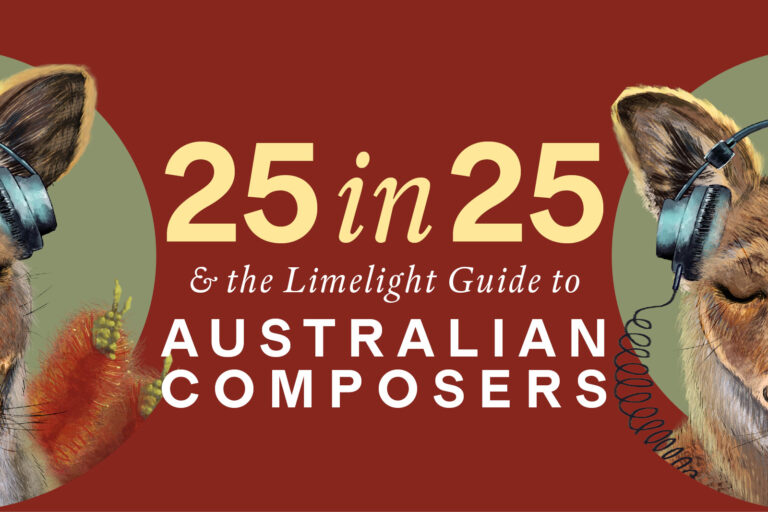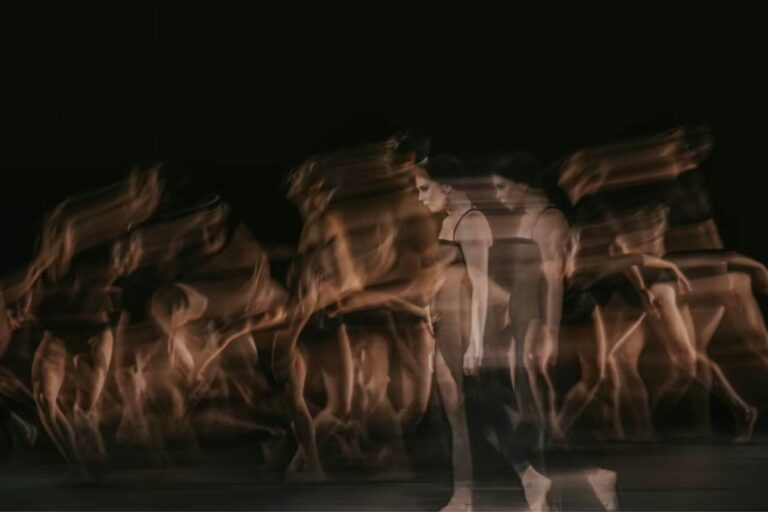The muse invoked by the Melbourne Chamber Orchestra’s four principals – Artistic Director and violinist Sophie Rowell, violinist Erica Kennedy, violist Merewyn Bramble and cellist Blair Harris – turns out to be a genie from a very peculiar bottle.
Harris admits it was his idea to devise a musical program around the 1920s parlour game, Exquisite Corpse. In the artistic version of the game, each player adds their drawing to a page that is folded to hide all but the last portion.
The ‘corpse’ is revealed when the page is unfolded.
Harris says he wanted a program that played on the intersections between music and art, and the McClelland Sculpture Park and Gallery on the Mornington Peninsula is the perfect venue.
Musically, this ‘Exquisite Corpse’ involves creating a medley that makes unusual connections between works from different eras and genres. In Muse, the MCO quartet presents three games, interspersed with two interludes.
The first game starts with Bach’s Contrapunctus 1, which morphs into Piazzolla’s Tango Del Angel linked by a glide – a swoosh across the centuries. This unlikely pairing casts both works in a new light.

Continue reading
Get unlimited digital access from $4 per month
Already a subscriber?
Log in










Comments
Log in to start the conversation.